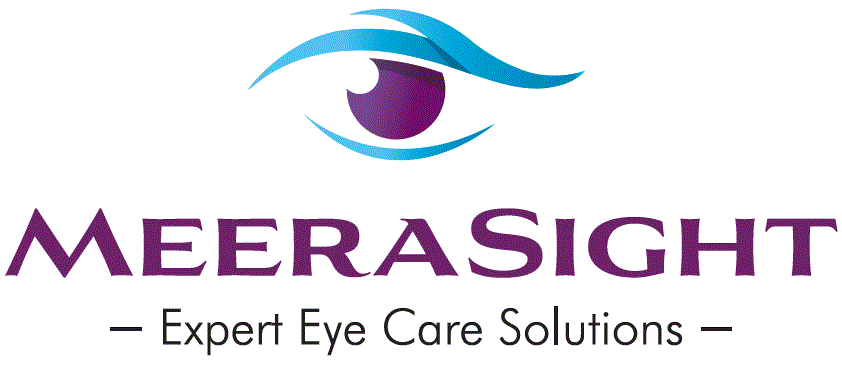
Retina is the innermost lining of our eye which is light sensitive. Whenever we look at an object, its image falls on the retina which converts the light image into electrical image. The optic nerve carries this electrical image to the brain for visualization and storage as memory.
Why do we need a dilated retina checkup?
The ‘iris’ which controls the amount of light entering the eye hinders your doctor’s vision during the retinal exam. An eye drop is instilled into your eye which moves the iris out of the way. This helps your doctor to clearly see your retina from the center to its edges.
Warning signs of Retinal Disease:

-
A sudden increase in floaters
-
A sudden appearance of flashes
-
An appearance of a shadow or curtain in the side of your field of vision
-
A gray curtain moving across your field of vision
-
A sudden decrease in your vision.
What are the common retinal problems?
-
Floaters
If you notice spots in your vision, then you have floaters. They can be age-related, but they can also occur in cases of severe nearsightedness. The jelly substance the eye is made of becomes more liquid and small clumps cast a shadow on the retina.
-
Age-related Macular Degeneration
Age-related macular degeneration or AMD as it is often known is the leading cause of blindness in adults age 60 and older. AMD is a chronic condition that causes the macula, the portion of the retina responsible for seeing fine detail, to become damaged. Symptoms of AMD include blurriness, wavy lines or a blind spot. There are two forms of AMD: dry and wet. Dry AMD usually develops slowly over time, whereas Wet AMD is more serious. Early detection and treatment for either form is very important and is the only way to avoid vision loss.
-
Diabetic Retinopathy
If you are suffering from diabetes, you are at risk of developing Diabetic Retinopathy which is a slowly progressive but blinding disease. It occurs when blood vessels in the retina change and become damaged or new abnormal blood vessels grow on the surface of the retina. People with diabetic retinopathy usually do not notice changes in their vision until the disease progresses. It is very important for people with diabetic retinopathy to see an ophthalmologist every year. If left untreated, the disease can cause irreparable vision loss.
-
Retinal Tears
Retinal tears and holes: If you are using spectacles or contact lenses with high minus power or have had your glasses removed by LASIK laser your retina is more stretched out. This means that you are at increased risk of Retinal tears and retinal holes. These tears or holes of left untreated may lead to retinal detachment and sudden loss of vision.
Other conditions which affect retina adversely are Retinal vein occlusions, Central Serious Retinopathy


Complications of Cataract Surgery, Cystoids Macular Edema, Degenerative Myopia, Inherited Retinal Disorders, Macular Holes and Macular Pucker.
Treatments for above conditions include Medications, Intravitreal injections of medicines, Retinal Lasers, and Vitro retinal surgeries in complex cases.
